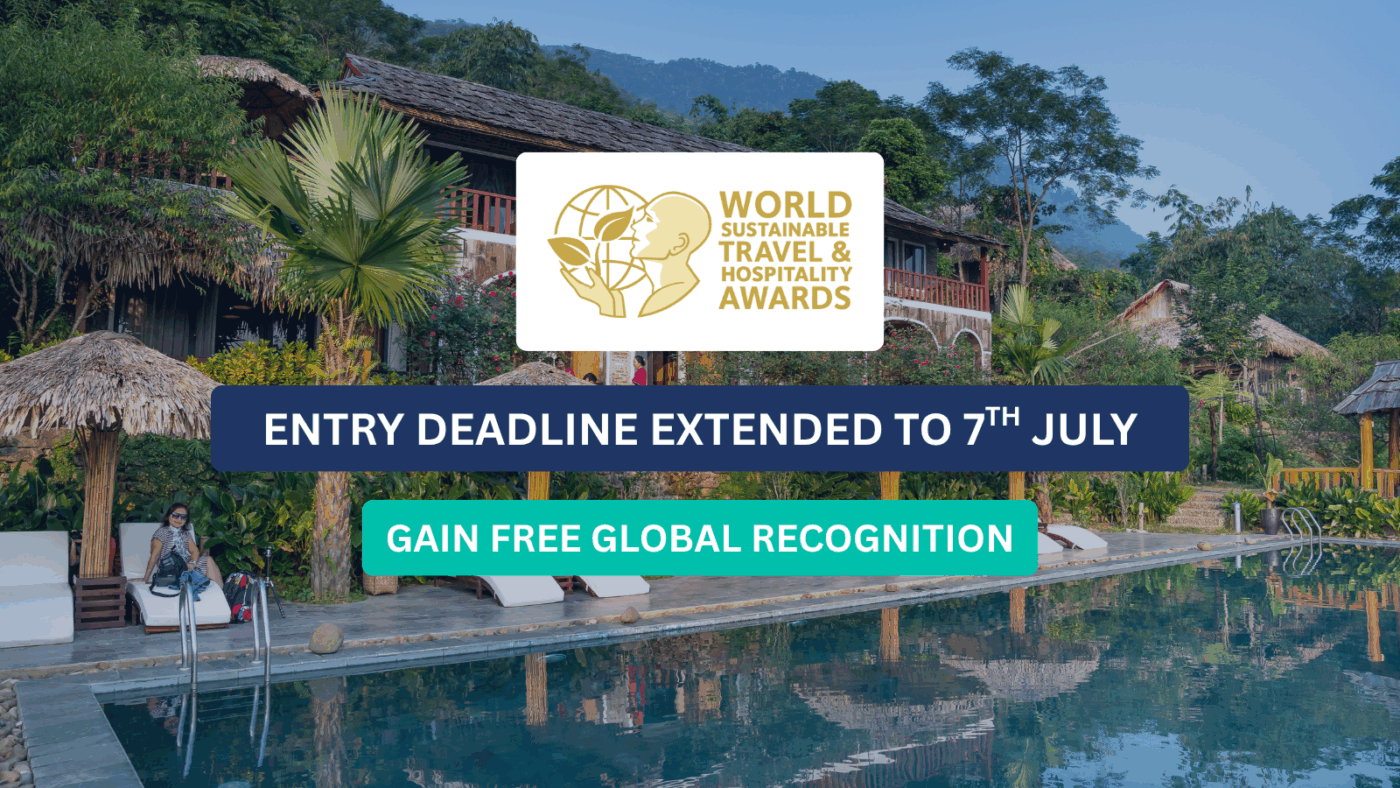The International Tourism Partnership (ITP) gathered representatives from the largest hotel companies operating in Asia Pacific, not-for-profit organisations and specialists for a day of open discussions on water and labour issues in Hong Kong on 27th September.
The dialogue focused on water and labour issues which regional stakeholders saw as particular challenges for hotel companies operating in Asia Pacific countries (particularly in China, India, and South-East Asia). The event was the result of over eight months’ of stakeholder engagement, including surveys sent to more than 400 internal and external stakeholders to determine key issues and establish an initial materiality matrix. This led to follow up interviews with over 70 stakeholders and specialists to determine how the industry can make further progress on these issues and why. When issues were mapped in terms of stakeholder importance, water and labour issues were the highest ranking, slightly above energy use, health and safety and data privacy and security.
Fran Hughes, Director of the International Tourism Partnership said, “This regional focus in Asia Pacific was a first for ITP and really demonstrated the ambition of our members to achieve real impact on water and labour in those key markets. This dialogue helped us identify challenges we need to be aware of to make our global collaborative work even more relevant and applicable at property and destination level.”
Following the previous edition of ITP’s global stakeholder dialogue, this regional consultation was a unique opportunity to identify potential areas for collaboration in Asia Pacific. The event was facilitated by GlobeScan and followed the Chatham House Rule to ensure an open and productive conversation. No presentations, no panels, no press; just open and honest facilitated discussion to identify solutions and establish how the industry can move collectively forward. So what can the industry take away from this whole process?
- Participants strongly valued being able to share best practices and hear from fellow practitioners who operate in the same context, where awareness of issues such as water scarcity or human trafficking is often low. Open discussions on these topics are rarely taking place at the moment and there was a strong appetite to replicate this type of event in the region.
- Addressing water issues (scarcity, quality, access to water) at destination level strongly relies on guest awareness, staff culture and local contexts. Guidance, information and standards are key areas where the industry can collaborate. Tools such as our Hotel Water Measurement Initiative (HWMI) launched in August this year will help this effort through better tracking and reporting of water use, allowing benchmarking in the future.
- Stakeholders and hotel companies present in Hong Kong called for the conversation on water and labour issues to include hotel owners, as well as suppliers, franchisees, governments, without whom change is simply impossible in certain areas (e.g. water infrastructure, tackling modern slavery). This highlights the importance of sector-wide initiatives such as the new coalition for sustainable hoteliers in Asia Pacific – Hotel Owners for Tomorrow (HOT) – launched at HICAP 2016 with the support of ITP.
- The discussion during the event also had a strong focus on skills shortages in the region, which companies already address through better working standards, innovative human resources policies and targeted employability schemes. The work of ITP strives to increase that impact by working towards industry-wide targets on youth employment and employability, expanding the reach of programmes such as our youth employment programme and helping companies apply similar standards of labour and human rights (see our know-how guide on human trafficking).
This regional stakeholder consultation reminds us of the importance of the local context when working on sustainability in the hotel sector: many issues are shared by hotels worldwide, but the best approach to address them can differ greatly between regions. Local water resources, job markets, government support, skill shortages are crucial factors which need to be assessed to ensure the implementation of any sustainability strategy. As ITP members currently work collectively towards global sector targets on carbon, youth employment and human rights, future regional consultations could give these targets a better chance to succeed at property level and in each region of the world.
ITP would like to thank all companies, organisations and experts who contributed to this process through our survey, interviews and event.
Alongside the International Tourism Partnership and the majority of its members, the following organisations were represented on the day: Asian Ecotourism Network, Asia Research and Engagement, China Labour Bulletin, China Water Risk, Clean The World Limited, Crossroads Foundation, EarthCheck, Friends of the Earth, Greenview, GSTC, Hong Kong Business Environment Council, Hong Kong Consumer Council, Indigo JLD, Kherwadi Social Welfare Association, Northside Consulting, Plan International, SEDEX, STOP Hong Kong, The J. Willard and Alice S. Marriott Foundation, The Mekong Club, UN Global Compact Indonesia, Voluntary Services Overseas International, UNICEF.
This article was published when Sustainable Hospitality Alliance was known as International Tourism Partnership (ITP), part of Business in the Community (BITC).



